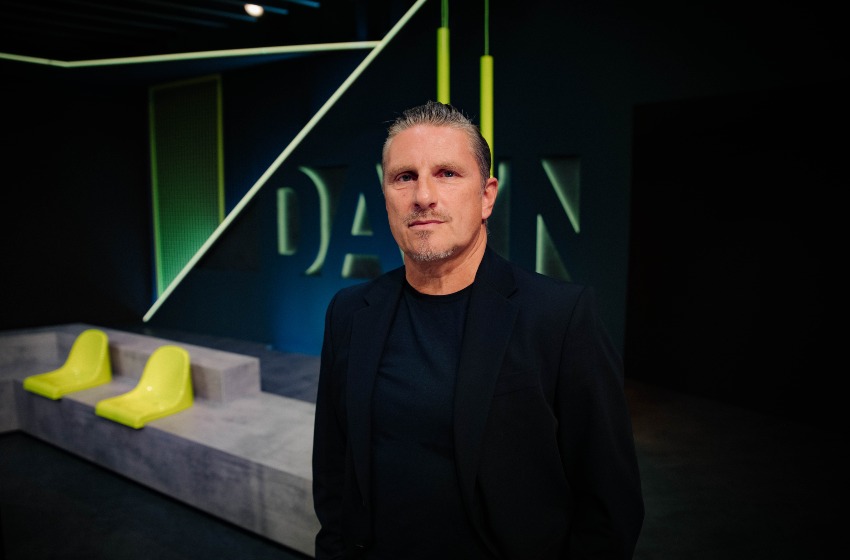
Michael Bracher: What does the future of DAZN look like?
New content, women's sports and subscription model: We asked DAZN's head of programming Michael Bracher three questions to find out where the sports streaming service is headed in the future.
DAZN has rapidly developed into one of the leading sports broadcasting platforms within six years. What are your goals for the next six years?
Michael Bracher: DAZN will continue to be the first port of call for all soccer fans, as well as all sports fans in Germany. In the long term, the aim is to create a trustworthy sports entertainment platform where every fan can find what they are looking for in sports. Live content is the core of it all, but an ecosystem is to be built around it. Because DAZN is clearly more than "just" live streaming. Features, highlights, non-live, news, games, e-commerce, ticketing, betting – all of these are to be offered on DAZN. When fans think about where they consume sports – in whatever form – they have to think about DAZN.
The Women's Champions League is on DAZN, and you've also secured the license to broadcast the Bundesliga for women's teams. Are you planning to expand the offering further?
Bracher: We've already done that. Since this season, matches from League F have been running live on DAZN, and since last season, matches from Division 1 Féminine. In addition, we show, among other things, the Women's EHF Champions League and have also broadcast the world record fight between Katie Taylor and Amanda Serrano. We pursue the vision that men's and women's sports must be viewed and handled equally.
Women's sports deserve more appreciation. Ultimately, women must be recognized for their achievements in the same way that men are. To achieve that, there needs to be more demand. And to drive demand, it's our job as broadcasters to give women's sports the visibility and global platform they need to continue to grow.
The streaming selection is extensive and fans need multiple subscriptions to be able to watch all Bundesliga broadcasts, for example. How will platforms and aggregators develop? What can consumers expect in five years' time?
Bracher: Aggregators will continue to play an enormously important role, as they enable customers to obtain their favorite content through their own preferred channel and on their own terms. That's why we expanded even more at the beginning of the season and offered customers of Sky and Deutsche Telekom, for example, the opportunity to combine our unique sports service with our partners' sports packages at attractive prices.
What all platforms have in common, whether sports or entertainment, is that they must compete for customers' increasingly limited time. That's why exciting projects need to be developed not only in terms of content, but also in terms of usage behavior. Consumers can therefore look forward to much more interactive, innovative and intuitive content platforms.
Bannerbild: He has the overview at DAZN - head of programming Michael Bracher. Photo: DAZN



